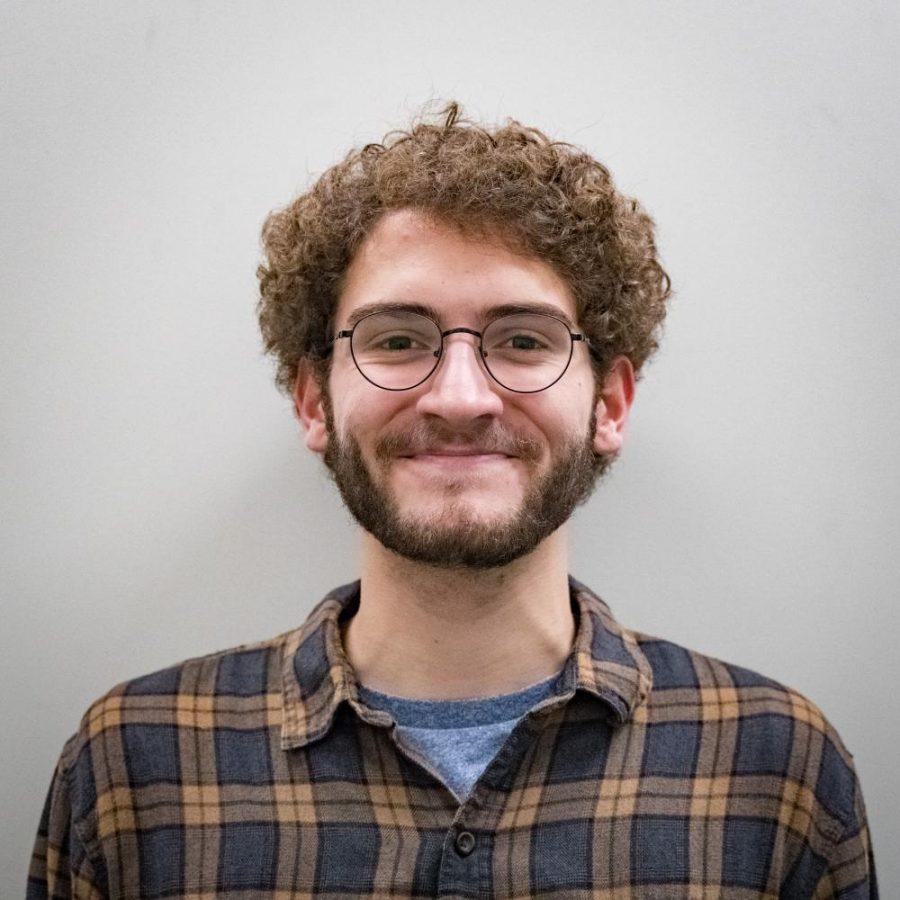In the past week, several groups of students here at NYU have pledged non-cooperation with the university’s Tel Aviv campus. Among them are 30 clubs, students from the chemistry department and students in Liberal Studies. These students claim that NYU’s Tel Aviv campus is complicit in Israel’s discrimination against Palestinians, and that therefore NYU Tel Aviv’s students are also complicit in said discrimination. As a former student of NYU Tel Aviv, and as a current global ambassador for the site, I find these statements to be false and uninformed.
I am not denying — and it should not be denied — that this discrimination exists and that it is unlawful and immoral. But, equating the Israeli government with the actions of NYU Tel Aviv and its students is misguided and erroneous; these two bodies cannot and must not be compared. Furthermore, in the context of the Israeli-Palestinian conflict, non-cooperation has historically been an ineffective form of protest that has solely exacerbated tension and violence. Preaching non-cooperation now means perpetuating willful ignorance on this subject and restricts us from creating dialogue within Israel to advocate for the Palestinian cause.
I specifically take issue with the letter sent via email by anonymous students within the Chemistry department, urging the department to “refrain from teaching or participating in academic events at NYU Tel Aviv.” Their rationale was as follows: “NYU Tel Aviv, as an academic institution in occupied Palestinian land, allows for the violation of the rights and dignity of Palestinians in a violently discriminatory environment, where hegemony, prejudice, and exclusion are rampant.” Statements made by the 30 clubs last week were made on a similar basis. The Tel Aviv site is an NYU institution, not an Israeli one; NYU Tel Aviv holds and enforces NYU policy — which does not discriminate against anyone — not Israeli policy.
The Director of NYU Tel Aviv, Dr. Benjamin Hary, is a linguist who has dedicated his life and studies to the Arabic language, including the Palestinian dialect. Hary has continually preached for inter-communal peace, Palestinian rights, human rights and gender equality; he has instilled these values in his staff, and together they create programs that reflect the complexities within the region and support students from all backgrounds. Last semester specifically, this took the form of supporting students in their travels to Palestine and other Arab states, helping them find educational and volunteer opportunities within Palestine and continuing to teach the Arabic language as a language of Israel, contrary to the laws and policies passed by the Knesset.
The deeper issue embedded in the argument against NYU Tel Aviv is the call for non-cooperation with a consistent lack of mutual recognition by both parties. Non-cooperation regarding peace-building has proliferated the era following the establishment of the initial Oslo Accords of 1993, in which the Israeli government and the Palestine Liberation Organization granted one another formal recognition for the first time in history. Article XXII of Oslo II stated that the two governments must work to “foster mutual understanding and tolerance” and make sure their education systems “contribute to the peace between the Israeli and Palestinian peoples.” However, research done by Palestinians and Israelis has found that neither government made significant changes to their curriculum or textbooks. The literature continued to refer to each group as the enemy of the other and maintained strong biases in favor of their respective people. This undoubtedly contributed to the increasing tensions that eventually resulted in the second intifada, a period of intense violence and Palestinian uprising against Israeli occupation in the 2000s (which itself was a consequence of non-cooperation by Ariel Sharon in his unwanted visit to temple mount). Non-cooperation never has been, and never will be, an effective solution to this conflict.
NYU Tel Aviv is not an Israeli institution; viewing it as such and preaching non-cooperation eliminates any opportunity for our students to engage in meaningful dialogue and to represent NYU’s ideals of acceptance and non-discrimination in Israel. Most importantly, it takes away our chance to actively support the Palestinian fight from within Israel and Palestine. We shouldn’t ignore the problem. We should engage with it.
Opinions expressed on the editorial pages are not necessarily those of WSN, and our publication of opinions is not an endorsement of them.
A version of this article appeared in the Monday, Oct. 29 print edition. Email Jacob Hershiser at [email protected].























































































































































